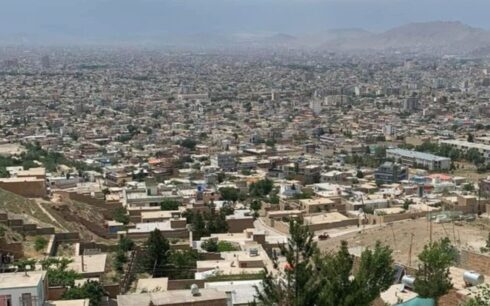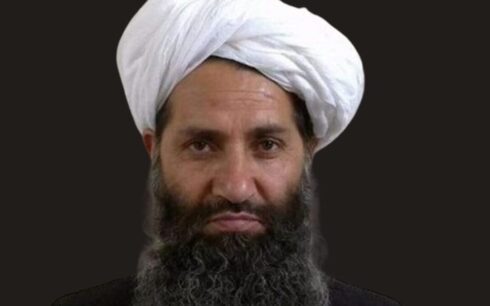Various experts on Afghanistan have called for fresh negotiations between Pakistan and the Taliban to break the stalemate on the issue of Tehreek-e-Taliban Pakistan (TTP) hideouts and its cross-border terrorism.
Attending a Pakistan Institute for Peace Studies (PIPS) consultation in Islamabad on Friday, participating academics, politicians, journalists, religious scholars and other experts said negotiations were the only way forward to curb the TTP.
Participants also said Pakistan lacked continuity in its policies towards Afghanistan and stressed that Islamabad should come up with some “realistic and holistic” policy for the neighboring country, which must be brought into public domain to make it more productive.
The consultation was the ninth in a series of discussions organized by the Islamabad-based research and advocacy think tank on the Afghanistan peace process.
Local media reported that the main themes of the consultation included “Rising terrorism threat from TTP, IS-K (Islamic State Khorasan/Daesh) and other groups” and “the TTP as a major irritant in Pak-Afghan ties”.
Participants said Pakistan should avoid talking to the Taliban in a “tough tone” as negotiations were the only way forward. They also stated that the role of Ulema was crucial in this regard.
Journalist and political analyst Haroon Rashid said the issue of TTP was the basic impediment in bilateral relations between Pakistan and Afghanistan, Dawn News reported.
“There is a deadlock on the matter, which will persist as long as both sides don’t find a solution to the problem,” he said. He underlined that Pakistan would have to work on some strategy to weaken the TTP.
Mufti Mohammad Qasim Haqqani, central leader of Jamiat Ulema-i-Islam-Fazl (JUI-F) in Chaman, Balochistan, suggested that a delegation of local religious scholars and Pashtun leadership should meet with the Taliban in Kabul to discuss all issues between the two countries, including that of TTP militants.
“Separate conferences of Ulema of Pakistan and Afghanistan should be held in Kabul and Islamabad to debate and resolve issues between both the countries,” he added.
Afghan-based journalist and educationist Muzhgan Feraji talked about rights of education and employment being denied to women in Afghanistan by the Taliban regime in Kabul.
Jamaat-i-Islami Balochistan Emir Maulana Abdul Haq Hashmi said: “First of all, there is a need to understand the ideological basis of the Afghan Taliban and the TTP.”
He said both did not accept the modern democratic system and they needed to discuss and address this issue as well.
Afghan-based journalist Sami Yousafzai argued that Islamabad should not be harsh on Kabul over the issue of the presence of TTP militants in Afghanistan. He said Pakistan must avoid giving hard-hitting statements against the Taliban regime as the latter had the leverage to create problems for the former.
Jamiat Ulema-i-Islam-Sami (JUI-S) Secretary General Maulana Yousuf Shah said that Pakistan and Afghanistan should sit together and talk to each other to settle their issues.
“Governments of both sides should show their seriousness as responsibility falls on them,” he said.
Political analyst and expert on regional affairs Afrasiab Khattak, meanwhile said Pakistan should review its policy towards Afghanistan as the existing one was flawed as well as the root cause of all problems.





